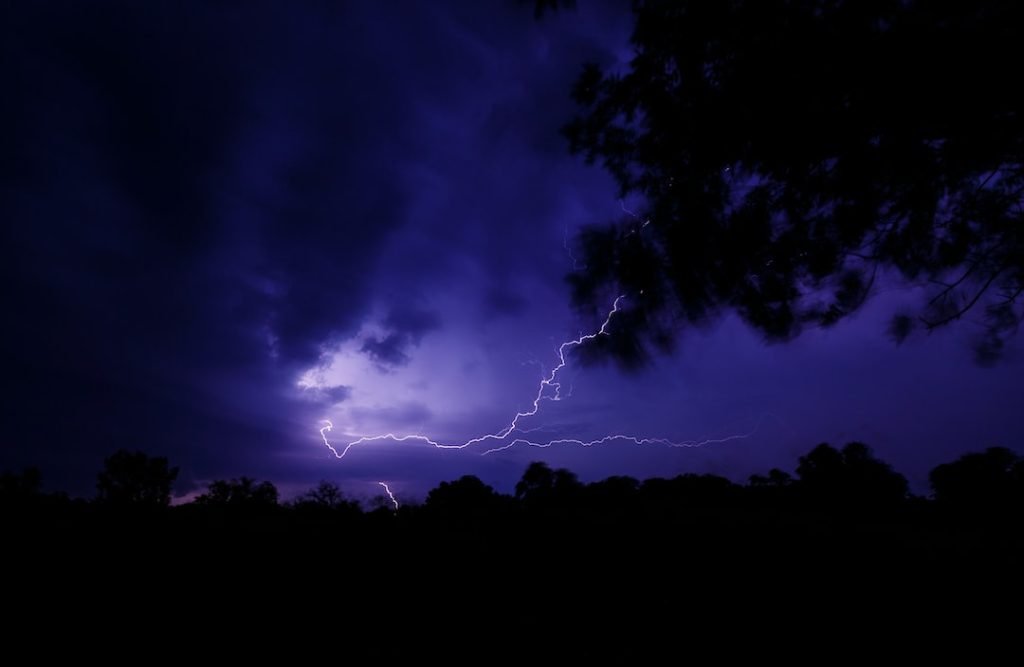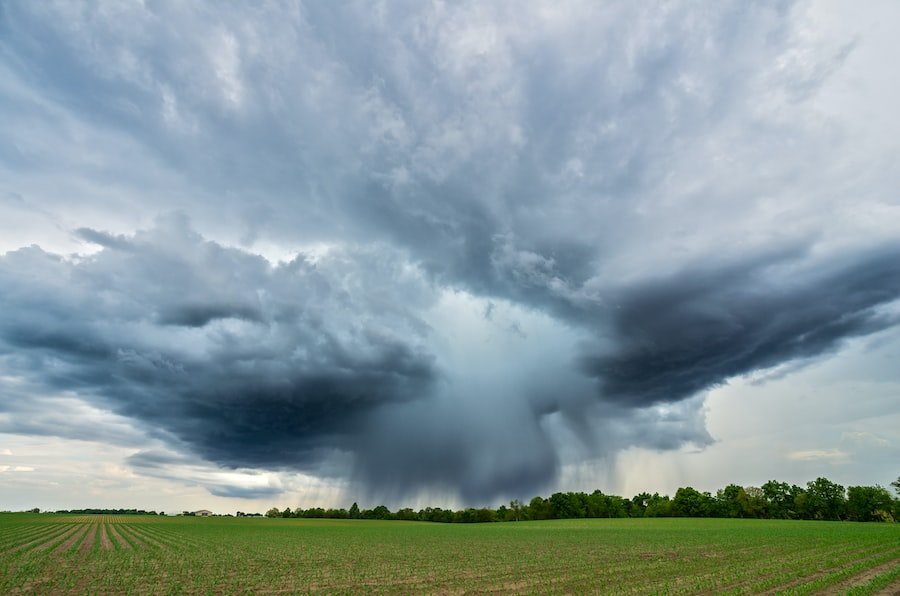

Seasons and Climate Vocabulary in French
Learning French vocabulary related to seasons and climate is essential for anyone looking to communicate effectively in the language. Weather is a topic that comes up in everyday conversations, and having the right vocabulary will allow you to express yourself accurately and understand others. Additionally, French has unique expressions and vocabulary for weather and climate, which adds depth and richness to the language.
French is known for its poetic nature, and this is reflected in the way weather is described. Instead of simply saying “It’s raining,” a French speaker might say “Il pleut des cordes,” which translates to “It’s raining ropes.” This unique expression adds color and imagery to the conversation. By learning these expressions, you not only expand your vocabulary but also gain insight into the cultural nuances of the French language.
Table of Contents
ToggleBasic Weather Expressions in French
When it comes to describing weather conditions in French, there are several common expressions that you should be familiar with. For example, “Il fait beau” means “It’s nice out,” while “Il pleut” means “It’s raining.” Other expressions include “Il fait chaud” (It’s hot), “Il fait froid” (It’s cold), and “Il y a du vent” (It’s windy).
Pronunciation is an important aspect of speaking French correctly. When pronouncing weather expressions, pay attention to the nasal sounds and liaisons. For example, when saying “Il fait beau,” the final ‘t’ in ‘fait’ is silent, and the ‘e’ in ‘beau’ is pronounced as a nasal vowel. Practice these pronunciations to ensure that you are understood by native French speakers.
Vocabulary for Temperature and Weather Conditions in French
In addition to basic weather expressions, it is important to learn vocabulary related to temperature and specific weather conditions. For example, “le thermomètre” means “thermometer,” and “la température” means “temperature.” Other important words include “la neige” (snow), “la pluie” (rain), “le vent” (wind), and “le soleil” (sun).
By expanding your vocabulary in this area, you will be able to describe weather conditions in more detail. For example, instead of simply saying “Il pleut,” you can say “Il pleut des cordes” to convey heavy rain. Similarly, instead of saying “Il fait chaud,” you can say “Il fait une chaleur étouffante” to describe sweltering heat.
Describing the Four Seasons in French
French has specific vocabulary for each of the four seasons. “Le printemps” means “spring,” “l’été” means “summer,” “l’automne” means “autumn,” and “l’hiver” means “winter.” Each season has its own unique characteristics and is associated with different weather conditions.
When describing the seasons in French, it is common to use expressions such as “les fleurs qui éclosent” (the blooming flowers) for spring, “les journées ensoleillées” (sunny days) for summer, “les feuilles qui tombent” (falling leaves) for autumn, and “le froid glacial” (freezing cold) for winter. These expressions help paint a vivid picture of each season and allow for more nuanced conversations about the weather.
Climate Zones and Regions in France
France is known for its diverse climate zones and regions. From the Mediterranean climate in the south to the oceanic climate in the west, each region has its own unique weather patterns. Learning the vocabulary associated with these climate zones will allow you to better understand and discuss the weather in different parts of France.
For example, “le climat méditerranéen” refers to the Mediterranean climate, characterized by hot summers and mild winters. “Le climat océanique” refers to the oceanic climate, which is characterized by mild temperatures and high rainfall. Other climate zones in France include “le climat continental” (continental climate), “le climat montagnard” (mountain climate), and “le climat semi-continental” (semi-continental climate).
Natural Disasters and Emergency Vocabulary in French

While it is not pleasant to think about, it is important to be prepared for natural disasters and emergencies. Learning the vocabulary associated with these events will allow you to communicate effectively in times of crisis. For example, “l’ouragan” means “hurricane,” “le tremblement de terre” means “earthquake,” and “l’inondation” means “flood.”
In addition to natural disasters, it is also important to know emergency vocabulary in French. For example, “l’alerte météo” means “weather alert,” “les secours” means “emergency services,” and “le numéro d’urgence” means “emergency number.” By familiarizing yourself with these terms, you will be better equipped to handle emergency situations and seek help when needed.
Weather Forecast Vocabulary and Expressions in French
Weather forecasts play a crucial role in our daily lives, helping us plan our activities and make informed decisions. Learning the vocabulary associated with weather forecasts will allow you to understand and discuss them more effectively. For example, “la prévision météo” means “weather forecast,” while “le bulletin météo” means “weather report.”
Common expressions used when discussing weather forecasts include “Il va pleuvoir demain” (It’s going to rain tomorrow), “Il fera beau ce week-end” (It will be nice this weekend), and “Il y aura des averses dans l’après-midi” (There will be showers in the afternoon). By using these expressions, you can engage in conversations about upcoming weather conditions and make plans accordingly.
Environmental Issues and Vocabulary in French
As the world grapples with environmental issues, it is important to be able to discuss these topics in different languages. Learning the vocabulary associated with environmental issues in French will allow you to participate in conversations and contribute to the global dialogue. For example, “la pollution” means “pollution,” “le réchauffement climatique” means “global warming,” and “les énergies renouvelables” means “renewable energy.”
By expanding your vocabulary in this area, you can discuss topics such as recycling, deforestation, and sustainable living. This will not only help you communicate effectively but also raise awareness about environmental issues and promote positive change.
French Idioms and Expressions Related to Weather and Climate
French is known for its colorful idioms and expressions, and weather-related idioms are no exception. Learning these idioms will not only expand your vocabulary but also add depth and richness to your conversations. For example, “avoir un temps de chien” translates to “to have terrible weather,” while “être dans le brouillard” translates to “to be in a fog.”
Other weather-related idioms include “avoir le vent en poupe” (to have the wind in one’s sails), “être sous le soleil” (to be under the sun), and “faire un froid de canard” (to be freezing cold). By incorporating these idioms into your conversations, you can add a touch of French flair and impress native speakers.
Practical French Classes and Exercises for Improving Your Vocabulary on Seasons and Climate
To improve your vocabulary on seasons and climate in French, there are several practical classes and exercises you can try. One option is to take a French language course that focuses specifically on weather and climate vocabulary. These courses often include interactive exercises, quizzes, and role-playing activities to help you practice and reinforce your learning.
Another option is to engage in conversation exchanges with native French speakers. This will allow you to practice using weather and climate vocabulary in real-life situations and receive feedback on your pronunciation and usage. Additionally, you can find online resources such as flashcards, vocabulary lists, and language learning apps that specifically target weather and climate vocabulary.
In conclusion, learning French vocabulary related to seasons and climate is essential for effective communication in the language. French has unique expressions and vocabulary for weather and climate, which adds depth and richness to the language. By expanding your vocabulary in this area, you will be able to describe weather conditions in more detail, understand weather forecasts, discuss environmental issues, and engage in conversations about natural disasters and emergencies. So why wait? Start learning today and unlock a whole new world of linguistic possibilities.
If you’re looking to expand your vocabulary in French related to seasons and climate, you might find this article on “Norwegian Vocabulary for the Weather and Seasons” helpful. It provides a comprehensive list of words and phrases related to weather conditions, seasons, and climate in Norwegian. Whether you’re a beginner or more advanced learner, this article can help you improve your understanding and communication skills in this topic. Check it out here.
FAQs
What is the article about?
The article is about the vocabulary related to seasons and climate in French.
What are the four seasons in French?
The four seasons in French are: le printemps (spring), l’été (summer), l’automne (fall), and l’hiver (winter).
What are some weather-related vocabulary words in French?
Some weather-related vocabulary words in French include: la pluie (rain), la neige (snow), le vent (wind), le soleil (sun), la tempête (storm), and le brouillard (fog).
How do you say “it’s hot” in French?
You can say “il fait chaud” to mean “it’s hot” in French.
What is the French word for “climate”?
The French word for “climate” is “climat”.
What are some French expressions related to weather?
Some French expressions related to weather include: “il pleut des cordes” (it’s raining cats and dogs), “il fait un froid de canard” (it’s freezing cold), and “il y a du vent” (it’s windy).
If you want to learn Norwegian, you can register for classes here. We look forward to hearing from you and helping you become fluent in Norwegian.





